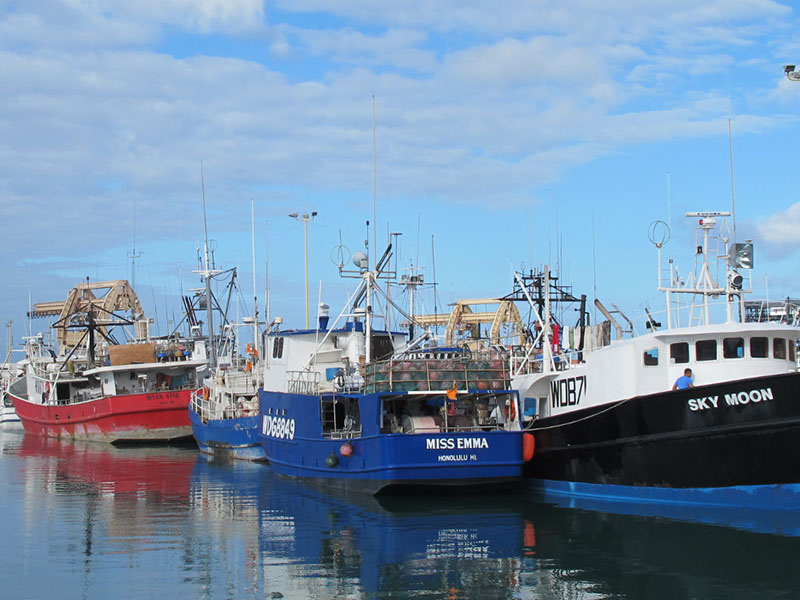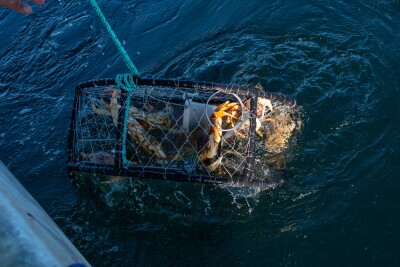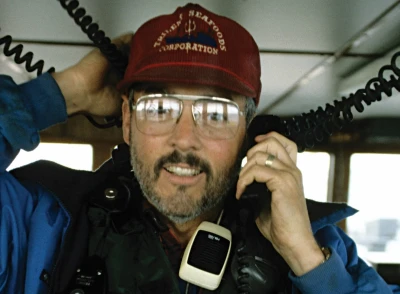Two Indonesian fishermen who claim they escaped slavery aboard a Honolulu-based fishing vessel seven years ago have settled their lawsuit against the boat’s owner, according to an Associated Press report.
Sorihin, who uses just one name, and Abdul Fatah were issued special visas for victims of human trafficking and are living in the San Francisco area where they fled the Sea Queen II. They filed a lawsuit in September 2016.
The boat's owner and captain, Thoai Van Nguyen, denies all allegations of labor abuse and human trafficking, according to his attorney.
The settlement does not disclose any financial award. The suit sought an undisclosed amount for legal fees, compensation for their work, and damages for mental anguish and pain.
An AP investigation in 2016 found hundreds of foreign workers, mostly from impoverished Southeast Asian and Pacific nations, confined to fishing boats in the Pacific Southwest where they were paid as little as 70 cents an hour while working up to 20 hours a day in some cases.
According to Ken Bass, Nguyen’s son-in-law, who is acting as his attorney, the dispute between the two fishermen and the captain began with each getting different contracts from an Indonesian employment firm in 2009 that Nguyen was connected with through a middleman in Hawaii. Bass said the contract Nguyen was given from the Hawaii-based recruiter was different than the paperwork given to Fatah and Sorihin.
“So, they basically had different contracts but no one at the time knew that. So that’s immediately going to lead to misunderstanding,” Bass said. “If anybody was culpable, it was the broker in Indonesia.”
But Fatah and Sorihin’s lawyers say the contract differences are not the heart of the matter.
“The trafficking claims do not rely on the contract provisions,” said Agnieska Fryszman, one of Fatah and Sorihin’s attorneys. “The trafficking statute provides basic protections that apply regardless.”
As part of the settlement, Nguyen must give out fliers to his foreign crew members that outline their rights and ways to contact authorities written in their native languages.
“This settlement should be a wakeup call to the commercial fishing industry,” Fryszman said. “There’s simply no excuse for turning a blind eye to human trafficking, and we look forward to continuing our efforts to hold others in the industry accountable.”







